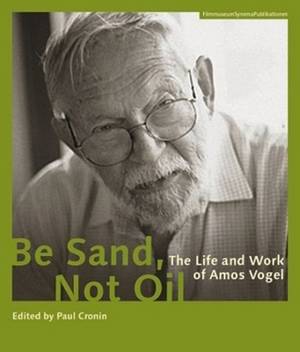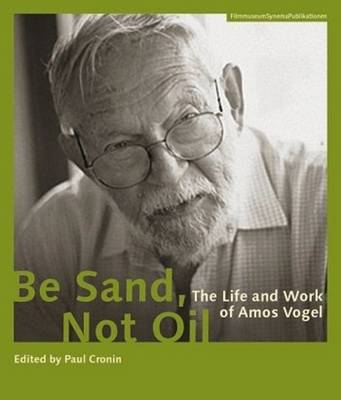
- Afhalen na 1 uur in een winkel met voorraad
- Gratis thuislevering in België vanaf € 30
- Ruim aanbod met 7 miljoen producten
- Afhalen na 1 uur in een winkel met voorraad
- Gratis thuislevering in België vanaf € 30
- Ruim aanbod met 7 miljoen producten
Zoeken
€ 55,45
+ 110 punten
Omschrijving
Amos Vogel was one of America's most innovative film historians and curators. An émigré from Austria who arrived in New York just before the Second World War, in 1947 he created Cinema 16, a pioneering film club aimed at audiences thirsty for work "that cannot be seen elsewhere," and in 1963 was instrumental in establishing the New York Film Festival. He later embarked on an ambitious teaching career, synthesizing decades of experience and directing his ideas towards students and, eventually, the wider public. In 1974 he published the culmination of his thoughts - along with an extraordinary collection of stills - in Film as a Subversive Art. On his death, the New York Times wrote that Vogel "exerted an influence on the history of film that few other non-filmmakers can claim." Be Sand, Not Oil is the first book about Vogel, and includes uncollected writings, an unpublished interview, and new essays documenting his never-ending quest for what Werner Herzog, his friend of many decades, has described as "adequate imagery."
Specificaties
Betrokkenen
- Auteur(s):
- Uitgeverij:
Inhoud
- Aantal bladzijden:
- 272
- Taal:
- Engels
- Reeks:
Eigenschappen
- Productcode (EAN):
- 9783901644597
- Verschijningsdatum:
- 11/11/2014
- Uitvoering:
- Paperback
- Formaat:
- Trade paperback (VS)
- Afmetingen:
- 168 mm x 198 mm
- Gewicht:
- 616 g

Alleen bij Standaard Boekhandel
+ 110 punten op je klantenkaart van Standaard Boekhandel
Beoordelingen
We publiceren alleen reviews die voldoen aan de voorwaarden voor reviews. Bekijk onze voorwaarden voor reviews.







